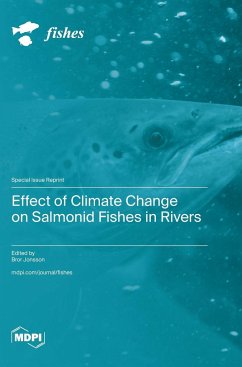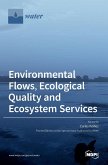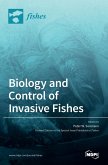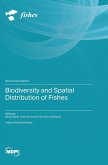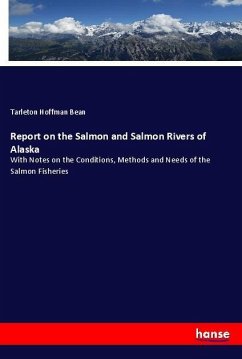Climate change poses threats to salmonid fishes causing their populations to decline and inducing sub-lethal effects. Increases in temperature change aquatic habitats and opportunities for fish to feed and find shelter. This Special Issue documents how these alterations influence salmonid populations. Across ten papers, leading ecologists from Europe and North America have exhibited how climate warming has influenced the ecology of salmonids in terms of their metabolic rates, development, growth, body size, sexual maturation, and reproductive traits. Climate change also influences their behaviors, including migrations, intraspecific competition, and predation. For instance, salmonids avoid warm stressful temperatures by seeking out cold tributary plumes, groundwater springs, alcoves and hyporheic upwellings, deep lakes, and artificial impoundments. Elevated temperatures affect their physiological, genetic, and epigenetic processes, which are important for their adaptations. This volume also lists examples of how climate change influences interspecific predation, and via mathematical modelling, it shows how climate conditions influence competition between trout and salmon in rivers. The authors have also revealed major research gaps related to species interactions, behavioral responses, and the effects of climate change across the fishes' life stages. This collection of research papers may also help managers in performing better salmonid management in a changing climate.
Hinweis: Dieser Artikel kann nur an eine deutsche Lieferadresse ausgeliefert werden.
Hinweis: Dieser Artikel kann nur an eine deutsche Lieferadresse ausgeliefert werden.

